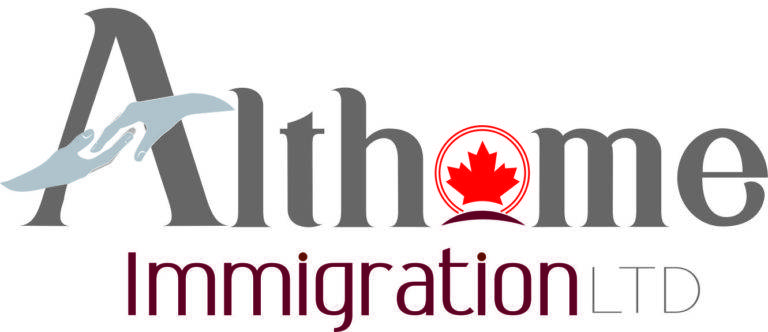In a significant update to Canada’s immigration framework, graduates from public colleges will continue to be eligible for a Post-Graduation Work Permit (PGWP) of up to three years, provided they have completed their studies in fields linked to occupations experiencing long-term shortages. This change aims to support sectors facing labor shortages while also enhancing the skills of international graduates in the Canadian workforce.
Language Proficiency Requirements
Effective November 1, 2024, all PGWP applicants will be required to demonstrate minimum language proficiency in either French or English. This is part of a broader strategy to ensure that graduates are well-equipped to transition to permanent residence and navigate the evolving economic landscape. Specifically, university graduates will need to achieve a Canadian Language Benchmark CLB level of 7, while college graduates must attain a CLB level of 5. This requirement emphasizes the importance of language skills in promoting effective communication and integration into the Canadian labor market.
Other Changes for Students
Additionally, for the 2025–2026 study permit intake, master’s and doctoral students will now need to submit a provincial or territorial attestation letter as part of their application. The Canadian government recognizes the significant contributions these students make to the labor market and will reserve approximately 12% of allocation spaces for them. This measure aims to attract high-caliber talent and bolster innovation across various sectors.
Updated Cost-of-Living Requirements
As of January 1, 2024, the cost-of-living requirement for study permit applicants has been revised to more accurately reflect the true living costs in Canada. This change is crucial in preventing student vulnerability and exploitation, ensuring that international students are adequately supported as they pursue their studies.
